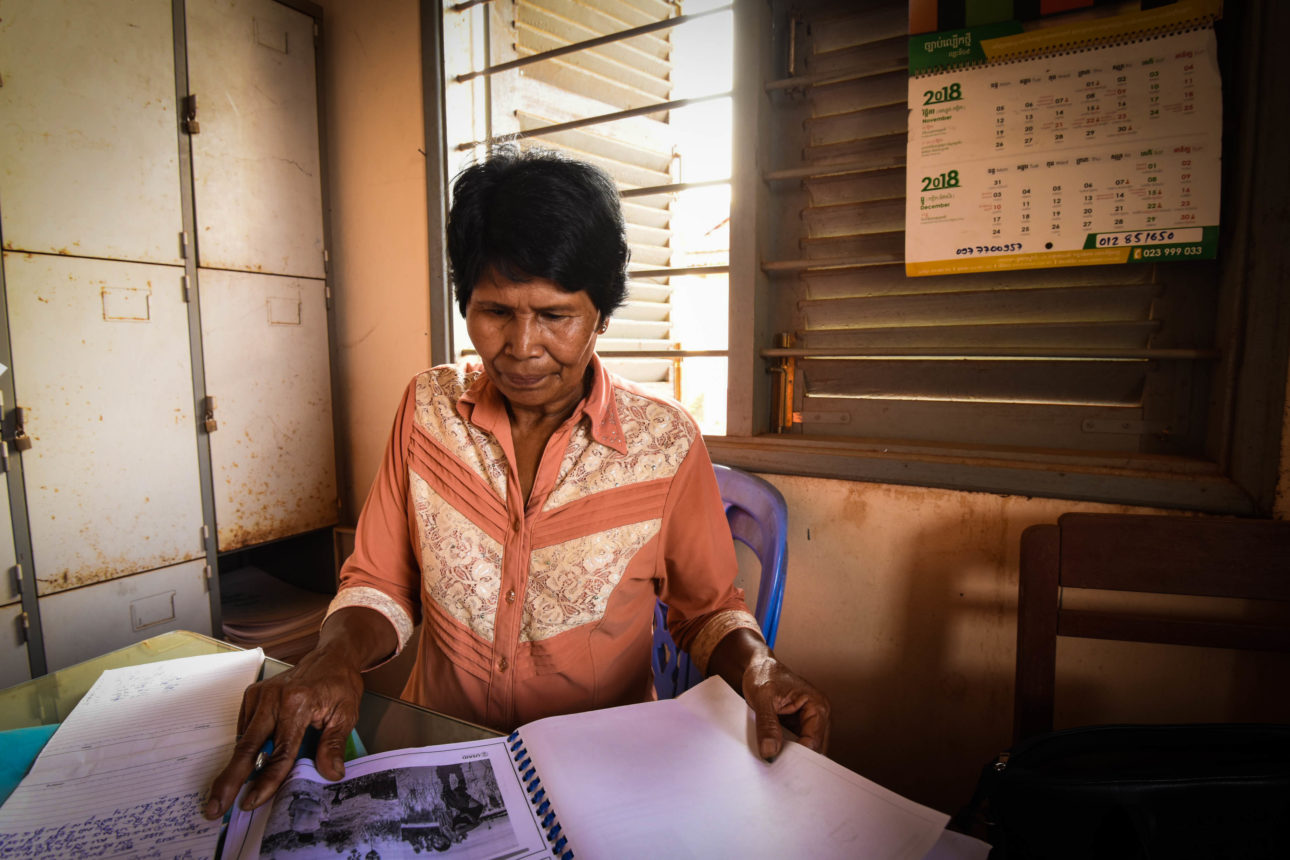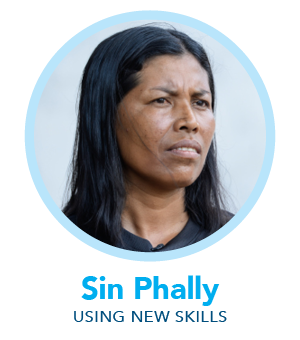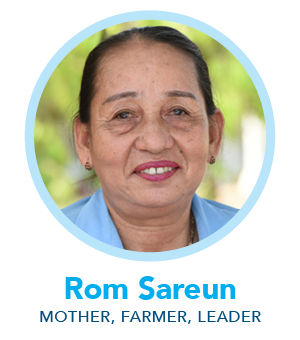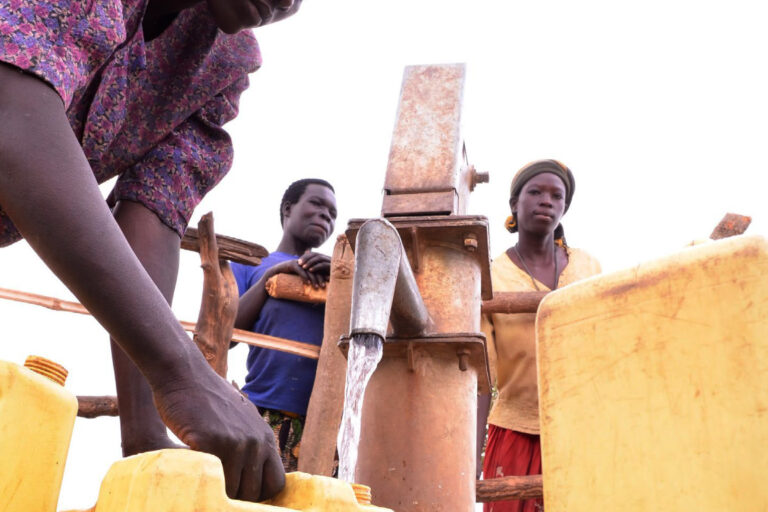
Speaking Her Mind
Persistence pays off for trailblazing leader who is contributing to the USAID-funded Sustainable Water Partnership
When word filtered through To Dy’s village in 2009 that she planned to build a latrine in her aging house, her neighbors struggled to suppress their laughter. Like her, they had never used a latrine growing up. When people saved extra money, they used it to renovate or enlarge their homes. What was she thinking? In private, her husband asked the same question.
But To Dy had never been in the habit of letting the opinions of others determine her choices. She had raised her daughters to be respectful, but aware that they alone owned control over their lives. It was a conviction she had already demonstrated by running successfully for a seat on her local commune council, where as the only woman on the seven-member body she worked to heighten local awareness of domestic abuse and women’s rights.
She knew what she wanted, and more importantly, what she didn’t want. She was weary of fumbling through the darkness at night, watching out for snakes while she dug a hole. She loathed the smell that pervaded her village, where people defecated in public spaces, on roadsides, in the forest and even the river. Most of all, she was tired of falling sick due to poor sanitation.
“OK,” she responded to her husband’s objections. “You don’t use it. You go to the field.”

So she built her latrine. And as the years slowly passed, she became an evangelist in her community for the importance of sanitation. In 2018, she served on a working group to address inadequate access to safe water supply, sanitation and hygiene (WASH) in central Cambodia’s Stung Chinit River watershed. With the help of the USAID-funded Sustainable Water Partnership (SWP), the working group produced a plan to raise awareness of water issues, and prepared tangible initiatives to directly affect three target villages in the watershed.
Ten years have passed since To Dy, 62, built her latrine. In that time, many of the residents of her village have added latrines to their homes, in no small part due to her efforts at education. She notes with satisfaction that the awful smell that once plagued her village has disappeared. To Dy, whose peers laughed when she decided to build a latrine, is now the one doing the teasing.
“I tell my husband, ‘It’s good, the latrine?’” she said. “Yes,” he responds, “it’s good.”
This article is part of a series about the roles women are playing in the USAID-funded Sustainable Water Partnership’s efforts to enhance water security in Cambodia. Click below for more stories about their work.


Related Projects

